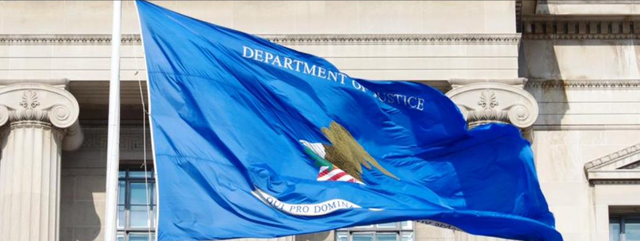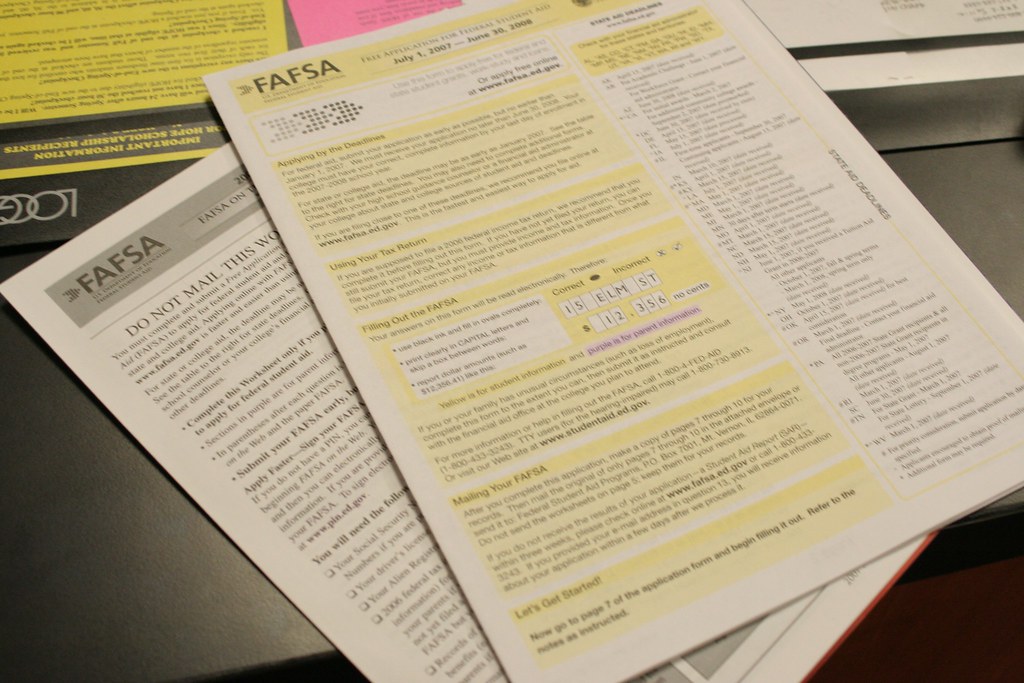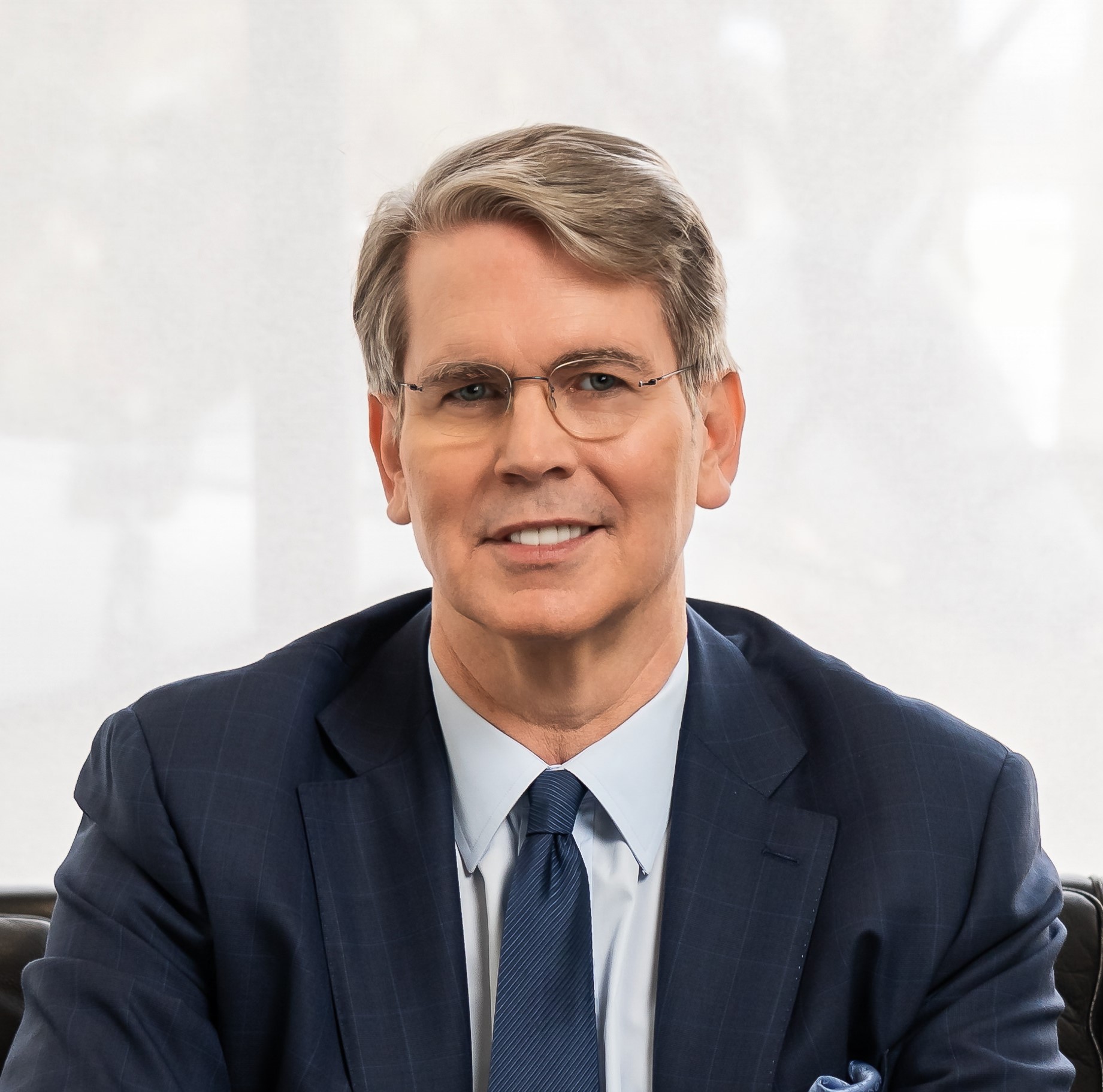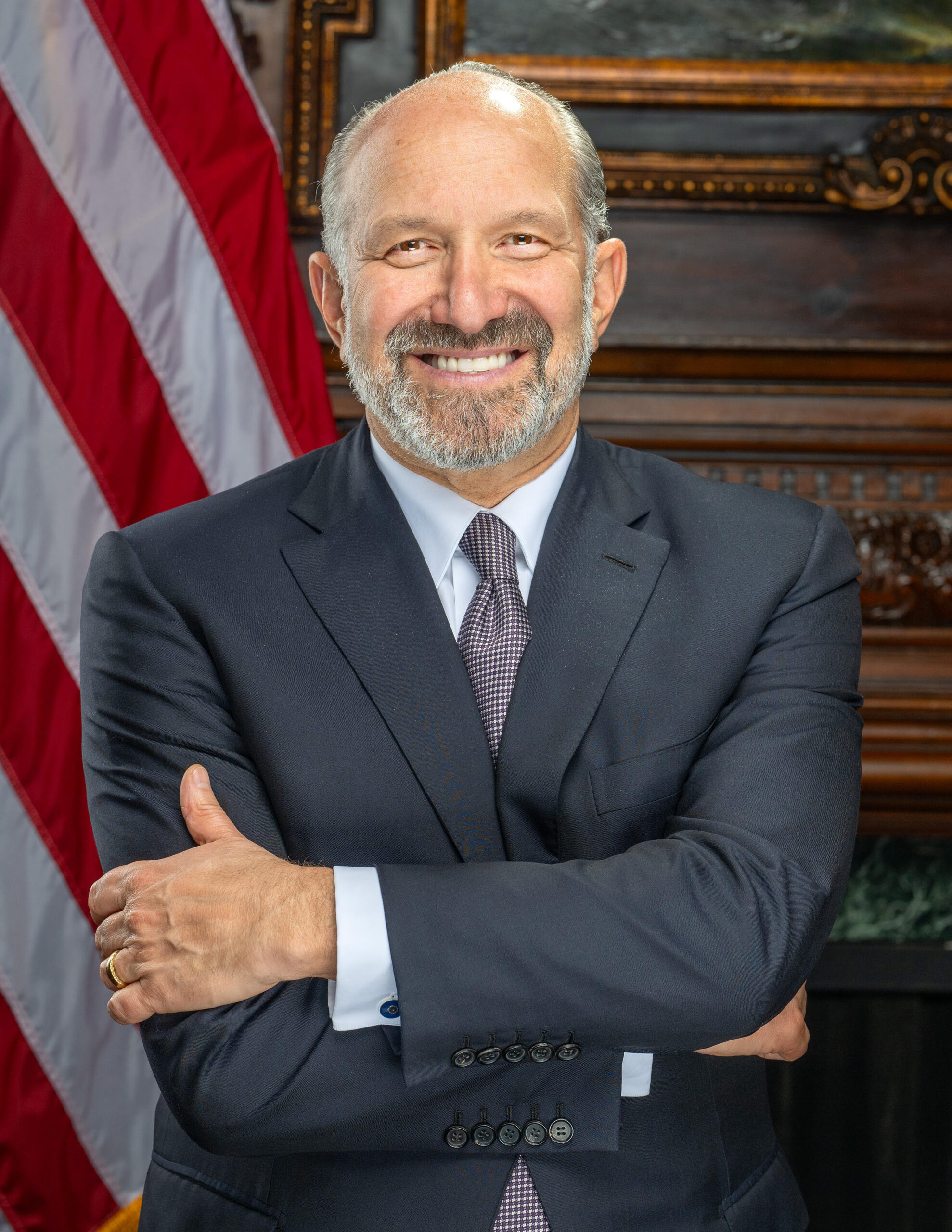Search Results for

May 05, 2025
Tracking Food and Drug Safety During the Trump Administration
We are tracking the Trump administration’s personnel cuts, reductions in force, and their impacts on food and drug safety.
May 01, 2025
Oligarchs and the Trump Admin: Bill Ackman
A longtime Democratic-aligned donor, Bill Ackman publicly backed Donald Trump and the Republican Party in the 2024 election cycle. He stands to gain a lot from the potential privatization of Fannie Mae and Freddie Mac.

May 01, 2025
TRACKER: Trump Administration Anti-Vaccine Actions
Tracking the Trump administration’s efforts to disrupt vaccine research, production, or uptake within the public.

April 30, 2025
Inspectors General Tracker
Inspectors General are a crucial part of the apparatus that keeps the government accountable to the public it is supposed to serve.
Inspectors General have spent decades building careful systems for overseeing the activities of the Executive branch, acting as crucial watchdogs that root out actual inefficiency, waste, fraud, corruption, and abuse throughout the government.
April 28, 2025
Oligarchs and the Trump Admin: Omeed Malik
An overview of Trump family ally, fundraiser, and business partner Omeed Malik. Malik was appointed to the board of Fannie Mae.
April 25, 2025
Uh Oh! Abundance Group Does Not Like Abundance
The Breakthrough Institute’s critique of Abundance is so bad that I feel the need to defend Klein and Thompson.

April 23, 2025
U.S. Attorneys Under Trump
The Office of the United States Attorneys has 94 offices (led by 93 Attorneys) across the U.S., Puerto Rico, Guam, Virgin Islands, and the Northern Mariana Islands. Each U.S. Attorney is appointed to these districts by the President for a four-year term, and each official serves as the top federal law enforcement officer in their district, and has historically had significant latitude over policy implementation within the district’s borders.
April 21, 2025
Polling Tracker: Americans’ Opinions of Oligarchy and Corruption
Tracking Americans’ opinions on corruption and oligarchy in the Trump 2.0 era. Updated regularly with for organizers and activists.

April 21, 2025
Oligarchs and the Trump Admin: Stephen Schwarzman
Stephen Schwarzman: Advisor on appointees and Economic advisor during Trump 1.0. Net Worth: $38.2 Billion

April 21, 2025
Oligarchs and the Trump Admin: Harold Hamm
Harold Hamm: founder and Chairman of oil and gas company Continental Resources. Campaign Donor.
Net worth: 18.5 Billion
April 14, 2025
What we mean when we say neoliberal

April 09, 2025
There’s Only Bad Options For Student Aid If Trump Dismantles The Education Department
The Trump administration’s decision to dismantle the Department of Education will leave millions of borrowers in limbo.


April 08, 2025
Oligarchs and the Trump Admin: Elon Musk
Elon Musk, one of the richest men in the world, bought his way into Trump world and now leads the Department of Government Efficiency (DOGE). DOGE has illegally taken over the federal government, firing federal employees and canceling grants with little to no regard of any of the reprecussions.

